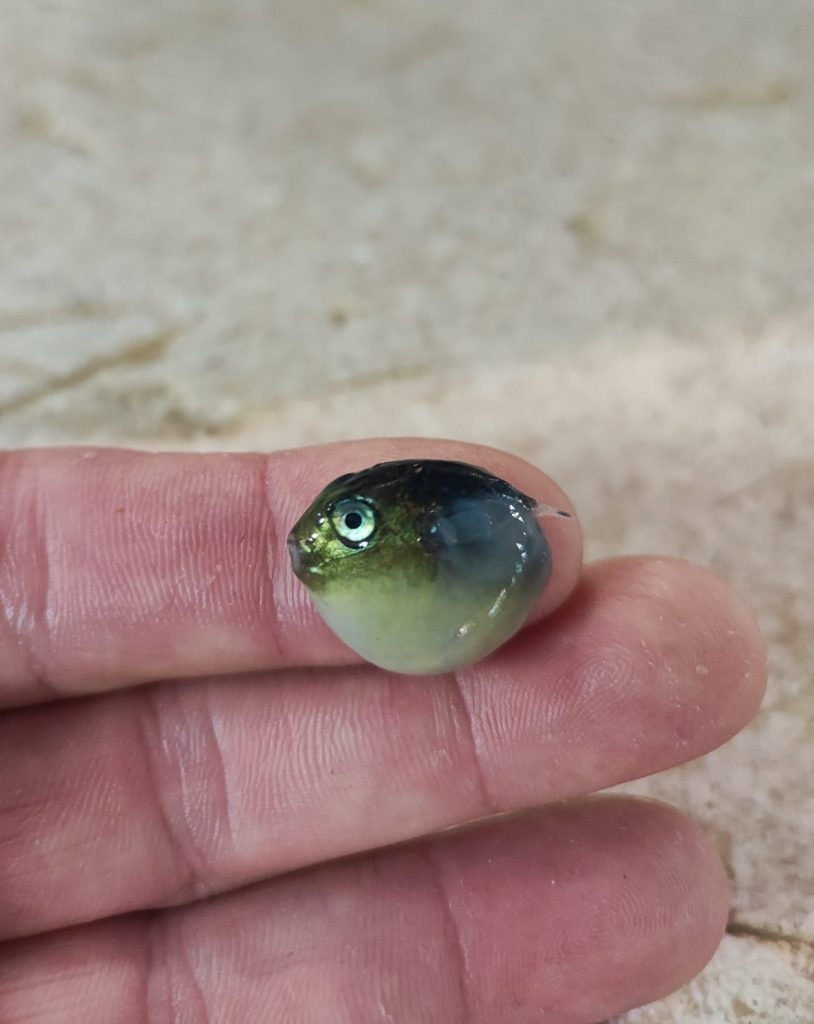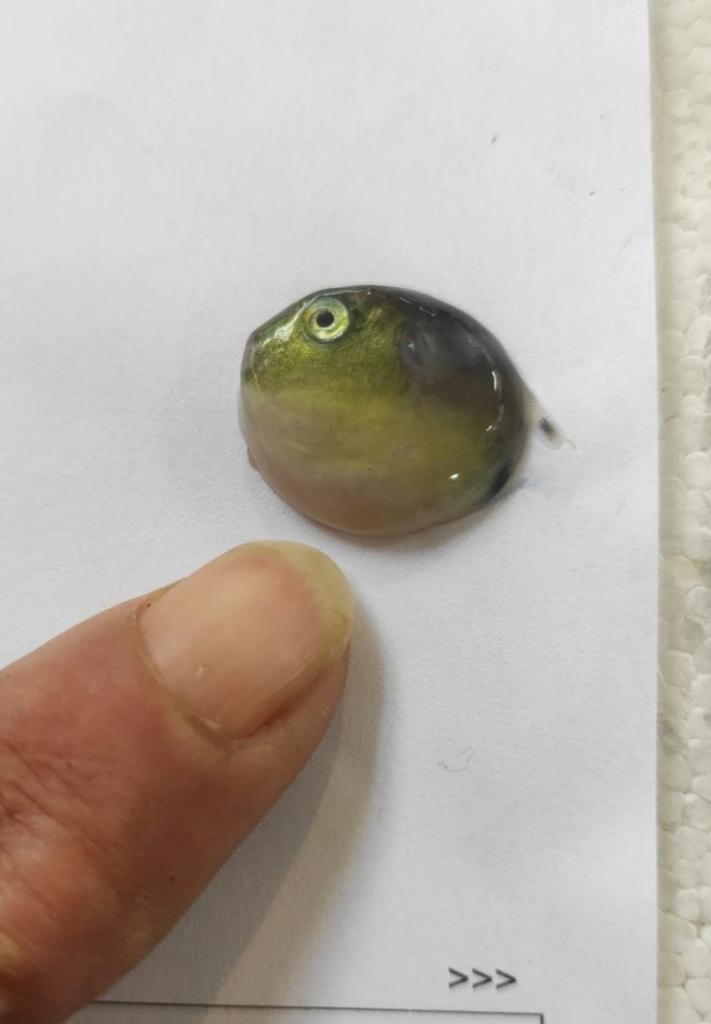December 5, 2023 – Marine biologist Petar Kružić, a professor from the Faculty of Science and Mathematics in Zagreb, discussed changes in the Adriatic sea, commenting on the consequences of sea warming for N1/Poslovni. He also touched on the finding of an invasive poisonous fish on the Split market.
“The problem is constant, since the end of the 90s, we have been facing mass mortality of organisms. This happened before, but this trend was not constant. What has been happening now, for the last five years, is that it happens every year. The sea is warming, the thermocline is moving deeper and deeper. 30 years ago it was at 25 meters, now it goes up to 45-50 meters deep in July, August, and September.
Sessile organisms, which cannot escape as deep as fish, are exposed to temperatures almost twice as high as their normal temperature. It’s not a problem if it’s short, a few days, but it does happen that we have such high temperatures in the Adriatic for over a month and then these mass deaths occur.
These are all kinds of gorgonians, sponges, corals, and mosses. Only those species that live deeper than 50 meters will survive,” he said.
The situation in the Adriatic is not good
Kružić said that the situation in the Adriatic today is not good. He also spoke about the problem of invasive species that come due to the warming of the sea. Lionfish, a poisonous species, could soon become an indigenous species in Croatia. In addition to being a poisonous fish, it is very voracious and poses a great danger to endemic species in the Adriatic.
He also commented on the finding of an invasive pufferfish in a box with fish at the Split fish market, which caused panic in Split. “This is a poisonous species of pufferfish that has tetrodotoxin poison in it, and such fish should not be consumed. They inflate when they feel threatened.”
The Institute of Oceanography and Fisheries in Split also commented on this finding of a juvenile individual.
“It is a relatively new inhabitant of the Adriatic sea, it arrived from the area of the eastern tropical Atlantic, probably due to the warming of t hesea. Although this species is not considered poisonous, caution should be exercised. In the Adriatic, other species from the family of four-toothed fish have been observed, and some, such as the silver-striped four-toothed fish (Lagocephalus sceleratus), are extremely poisonous. Do not consume any type of quads or inflator, caution is never enough,” they said.










